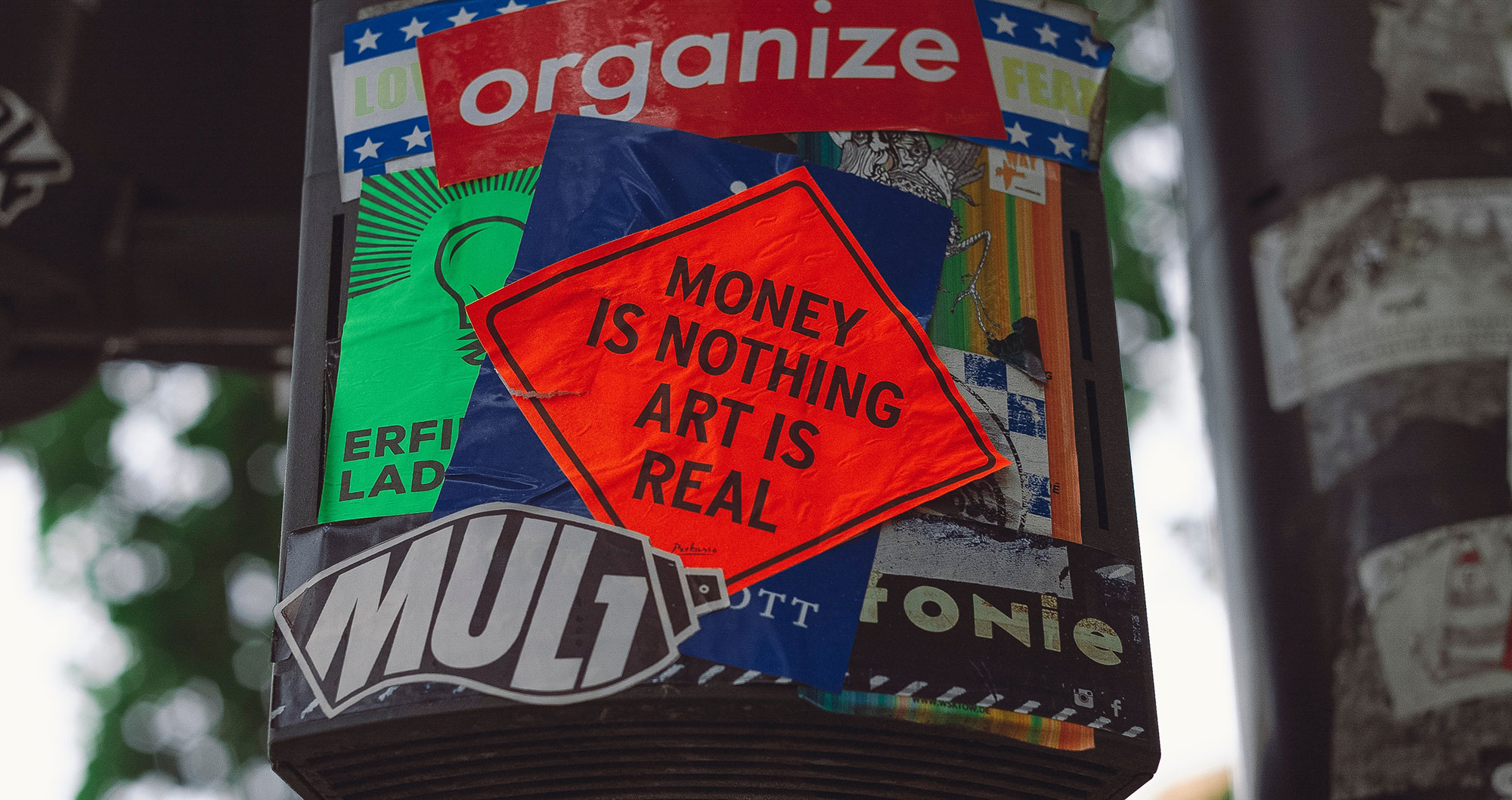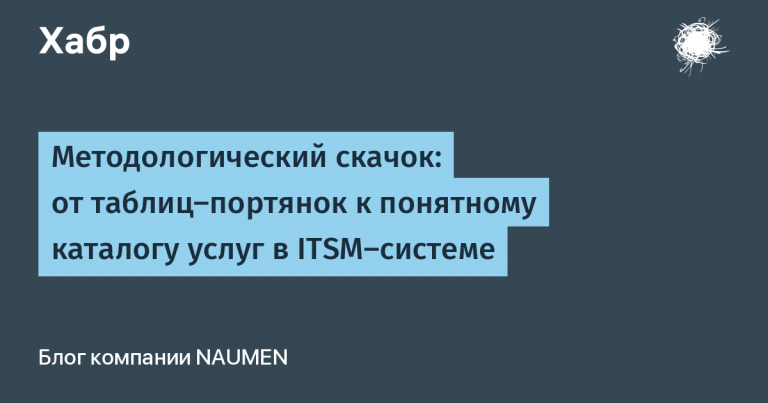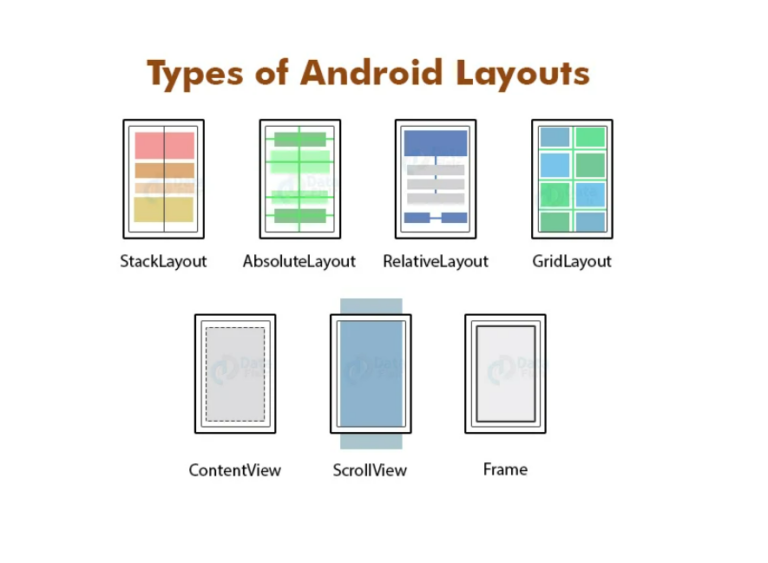An incentive for change: how the fight against Yabloko affected the largest streaming platform
We recently wrote about the Apple vs. Spotify standoff, in which the companies continue to “measure” the amount of royalties for musicians. Today we will continue the topic – antitrust proceedings and new paid products are on the agenda.

Please, and you will be heard
European Commission start antitrust investigation against an American IT company back in the summer of last year. The trigger was a complaint from a Swedish streaming service. Its representatives believe that the owner of the app store is abusing his position in the market, and his commission of 30% of all subscription fees is unfair.
A year after the start of the proceedings, the European regulator finally sent Apple’s “Claims Notice” (statement of objections). Its purpose is to obtain an official response to the allegations from the organization being investigated. Commissioners questioned the legality of the mandatory use of internal purchasing mechanisms in music apps. Also on the agenda was a set of App Store rules prohibiting developers of music streaming services from telling users about alternative payment methods.
The regulator will give the IT company the opportunity to express its own point of view in order to try to tip the scales in their favor. However, this task can be more difficult than it seems at first glance. In early June, to the antitrust investigation joined European Consumer Protection Organization as an interested third party. Its representatives are not inclined to compromise and are convinced that EU citizens should have free access to all music platforms – without price restrictions.
The position of the American corporation is also compromised by the fact that it is under serious pressure at home. In the United States, for several months there have been courts with Epic Games, which advocates against a 30% commission on the App Store. Moreover, at the beginning of the year of the proceedings moved to European jurisdiction.

It is not known how and when the antitrust investigation will end, but for now the streaming service is losing money. Despite the growth of the audience – the total number of users already passed for 150 million – the platform closed the last financial quarter at a loss 125 million euros. To compensate for the losses, the service announced on the increase in tariffs for premium subscriptions almost all over the world – the price increased by 10-12%.
The reaction of users was not long in coming. Dissatisfied listeners again accused Spotify is that it is cashing in on audiences and musicians… Many complain that the new price tags are too expensive for them, and threaten to go to competitors. Of course, the company is aware of the criticism, but continues to bend its line. It cannot be ruled out that for her such price manipulation is another opportunity to find the ground and detach herself from the “apple” ecosystem.
Fresh ideas and new competition
At the same time, Spotify continues to experiment with new ways to monetize and engage audiences. The company recently introduced its own hardwareaudio player for a car – Car Thing. It is a compact music streaming device for vehicles not equipped with modern infotainment systems. The gadget connects to a car stereo via Bluetooth or AUX and allows you to switch tracks using voice commands or a touch disk.
The device is planned to be sold for $ 80, but it cannot be purchased yet. Although the limited edition is already give out for free users in the United States. The first lucky owners of Car Thing happy with the gadget – it is lightweight and works fast enough. However, the ryaz of journalists reacted to the novelty with skepticism. Some even named the device is “useless” as it requires a connection to a mobile phone. And here you involuntarily ask yourself the question, why do you need Car Thing, if you can listen to music from your smartphone? Obviously, the streaming platform is only testing a new product and evaluating the community’s reaction, so the chance remains that it will never make it to mass production.

Another innovation from the Swedish music streaming platform is Paid podcast subscriptions. Content makers will be allowed to set a price for listening to individual episodes – three, five or eight dollars per month. According to the first reviews, the service has some rough edges in terms of UX / UI, but offers favorable conditions for authors. Podcasters were exempted from commissions until 2023, after which it will be 5%. It is noteworthy that a couple of months ago Apple launched similar service. However, in this case, the content makers themselves will have to pay twenty dollars annually to offer subscriptions to their listeners.
It can be expected that the result of the “product confrontation” between the two giants of the music industry will be the emergence of new business models – regardless of the outcome of the litigation in Europe.
More about podcasts and streaming in Hi-Fi World:
-
Streaming services would like to find new approaches to working with music
-
“Playlist” has captured the minds of music and podcast publishers
-
Discussion: why the podcast industry is becoming more like streaming TV shows
PS What else we have in the blog on Habré for additional reading – five expert reviews of audio equipment: from in-ear headphones to floor acoustics.





